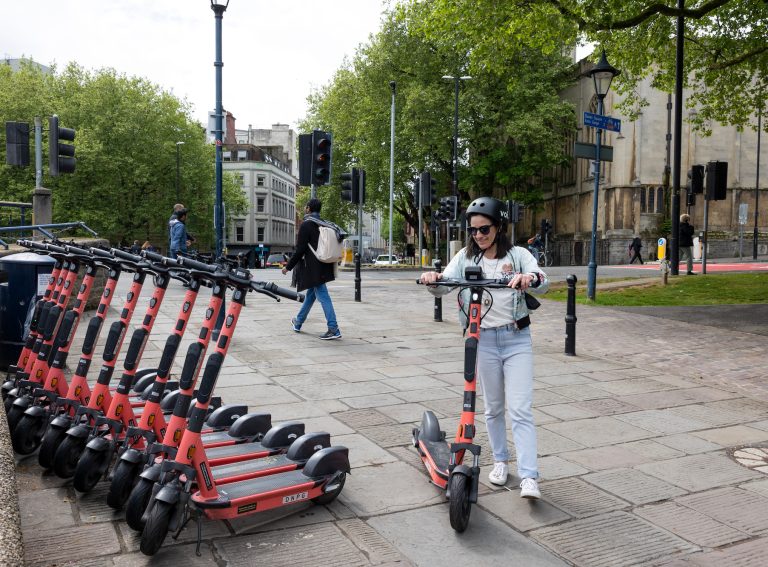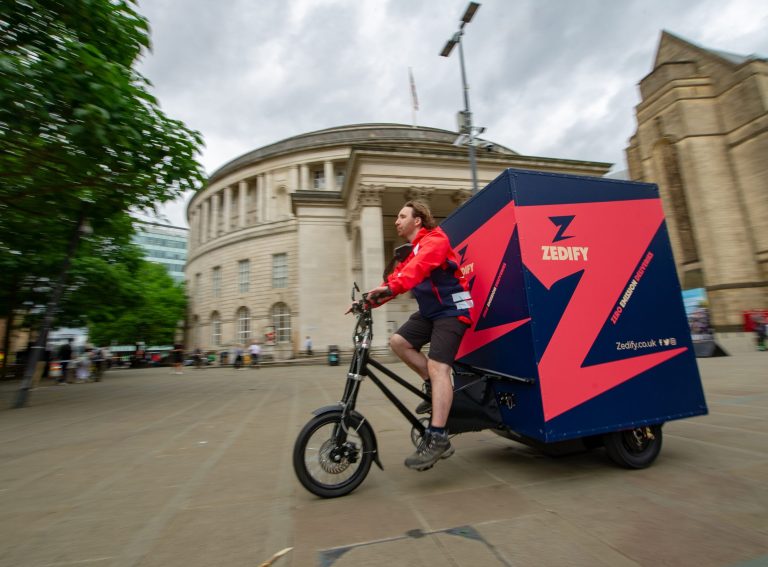Research from the Institute for Public Policy and Research (IPPR) has found that just 13% of the British public most trust the national government to make transport decisions in their local area.
Local councils are the most trusted group with 37% of public support.
Of the UK’s two major parties, 33% of the public trust Labour to improve public transport compared with 13% for the Conservative party.
These insights follow the recent politicisation of transport issues such as the Prime Minister Rishi Sunak’s rhetoric around a “war on motorists”, the divisiveness of low-traffic neighbourhoods, and the Mayor of London’s expansion of ULEZ across all London boroughs.
“Westminster has attempted to divide people into “drivers” and everyone else, but this is not reflective of how people think of themselves,” IPPR Senior Research Fellow and co-author of the report Dr Maya Singer Hobbs told Zag Daily. “Most people who drive will also walk and take the bus or train, or cycle.
“This also ignores the fact that the transport system as a whole is failing people.”
The report, titled ‘Who Gets a Good Deal? Revealing Public Attitudes to Transport In Great Britain’, found that one-fifth of people are worried about being able to afford the transport they need to get around. Additionally, 71% have changed how they travel to reduce transport costs in the last two years.
Two groups in particular found to be negatively impacted by the UK transport system are those living in rural areas and those on low incomes. According to the report, these groups get the worst deal from transport compared with people on high incomes who are seen as getting the best deal.
“People agree that transport isn’t working for them, but the solution to this can be found in how highly people rate public transport,” said Hobbs.
53% of people think that public transport to get to work is a necessity compared with just 20% who said the same about owning a car. 46% of people said that public transport is more crucial than having a phone, and 43% said it’s more crucial than accessing the internet.
“There’s a disconnect between the Westminster rhetoric of the “war on the motorist” versus the lived experience of people across the country.”
Priorities for the new government
As the UK gears up for a general election, the IPPR has published a list of six transport priorities for the new government.
The IPPR says the government must deliver a new shared multimodal transport strategy for England. It also states that 10% of the transport budget should be spent on active travel in England by 2029.
The recommendations call for 100% of buses in urban areas to be electric by 2030, and a fully zero-emission bus fleet by 2035.
“We would like to see an end to competitive short-term funding and move to longer-term, strategic, single-pot funding which in conjunction with greater devolution will allow mayoralties and local authorities to deliver ambitious transport networks,” said Hobbs.
“This funding will help ensure a wider network coverage and maintain an affordable bus fare cap. We would like to see greater powers for local transport authorities to franchise bus networks or deliver municipally owned fleets.”




